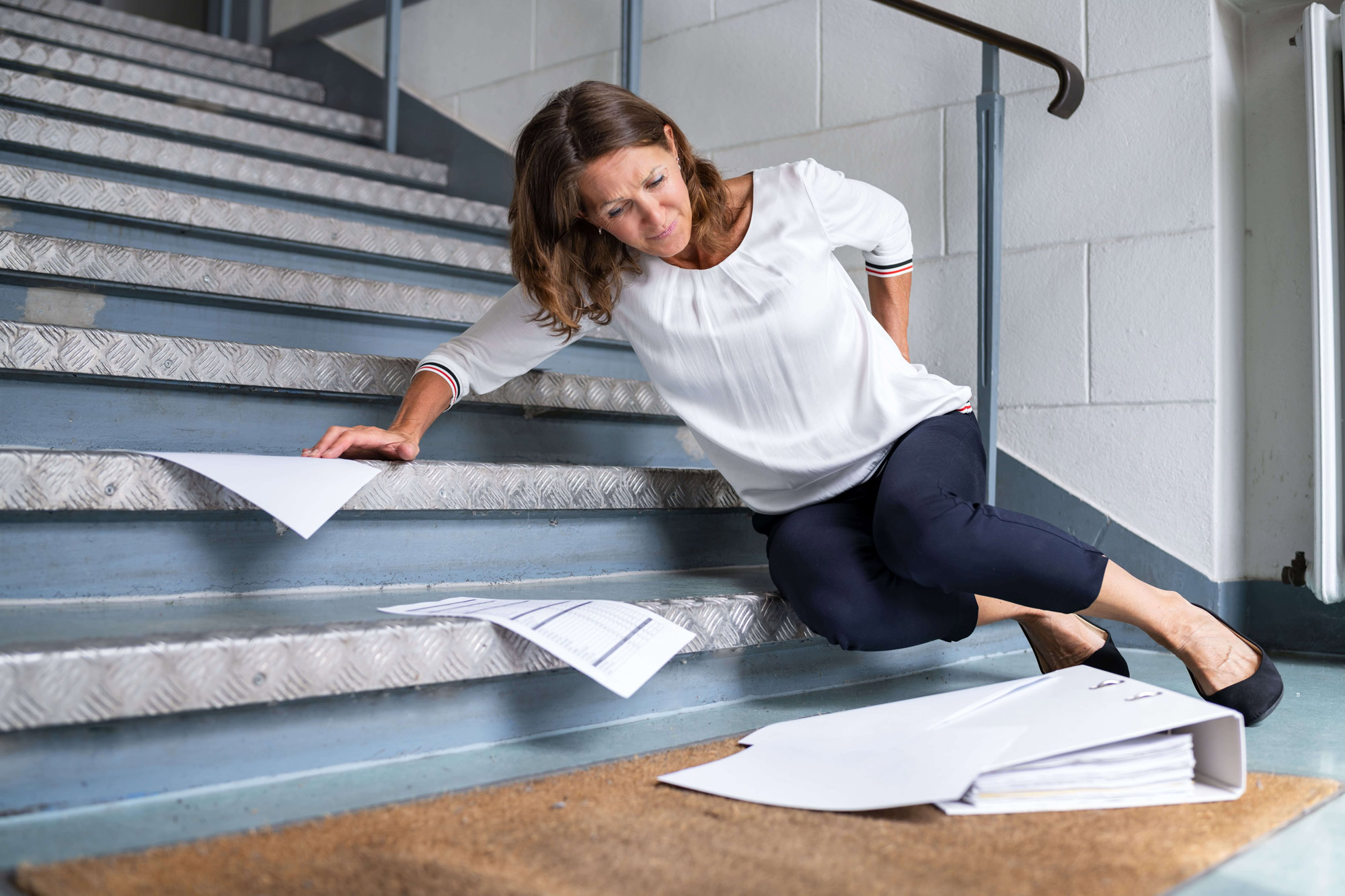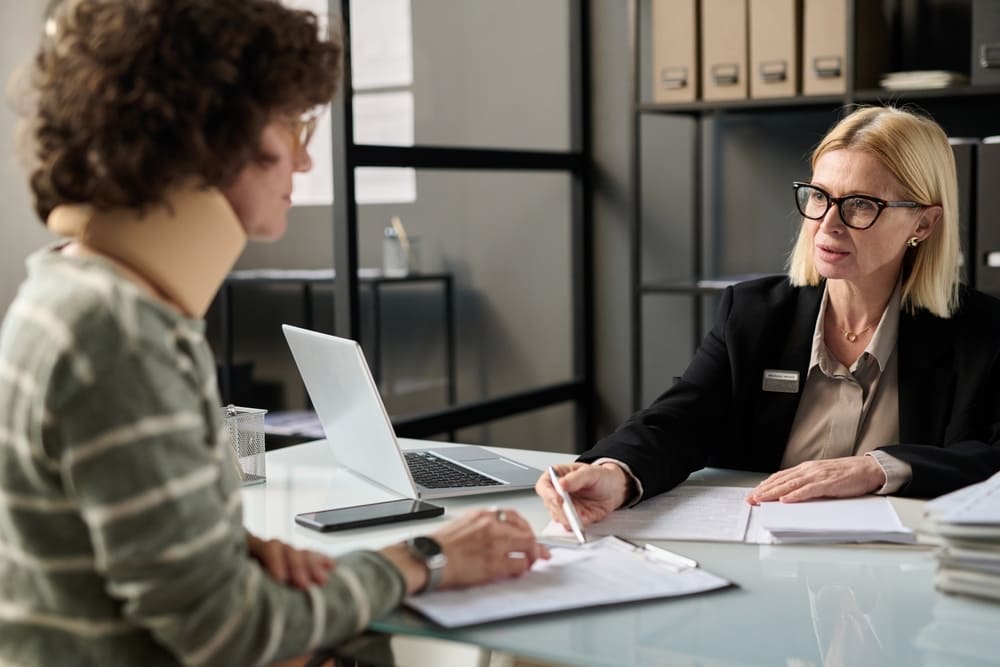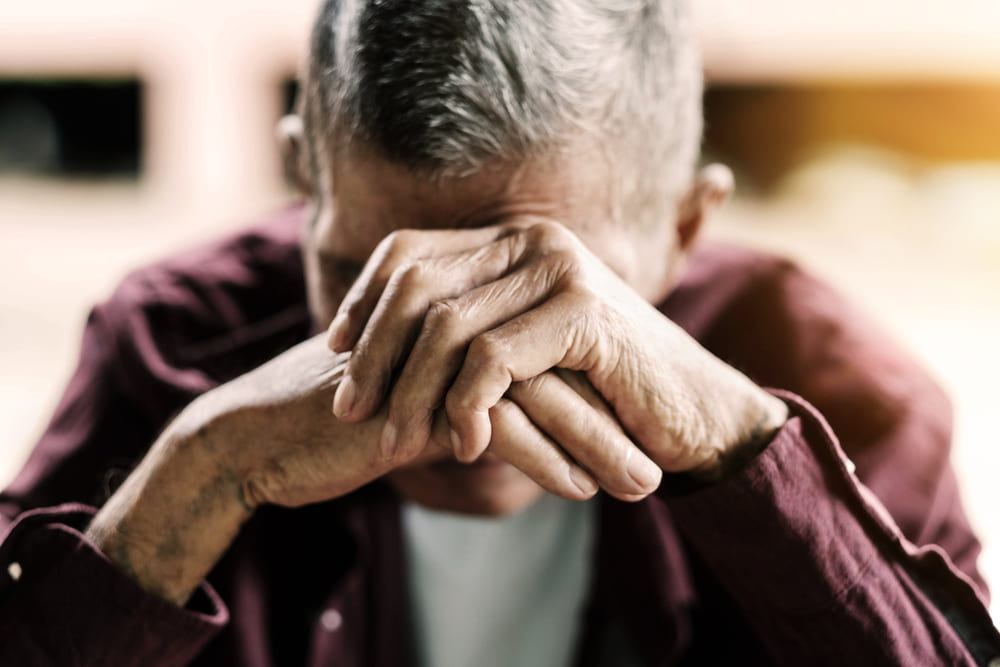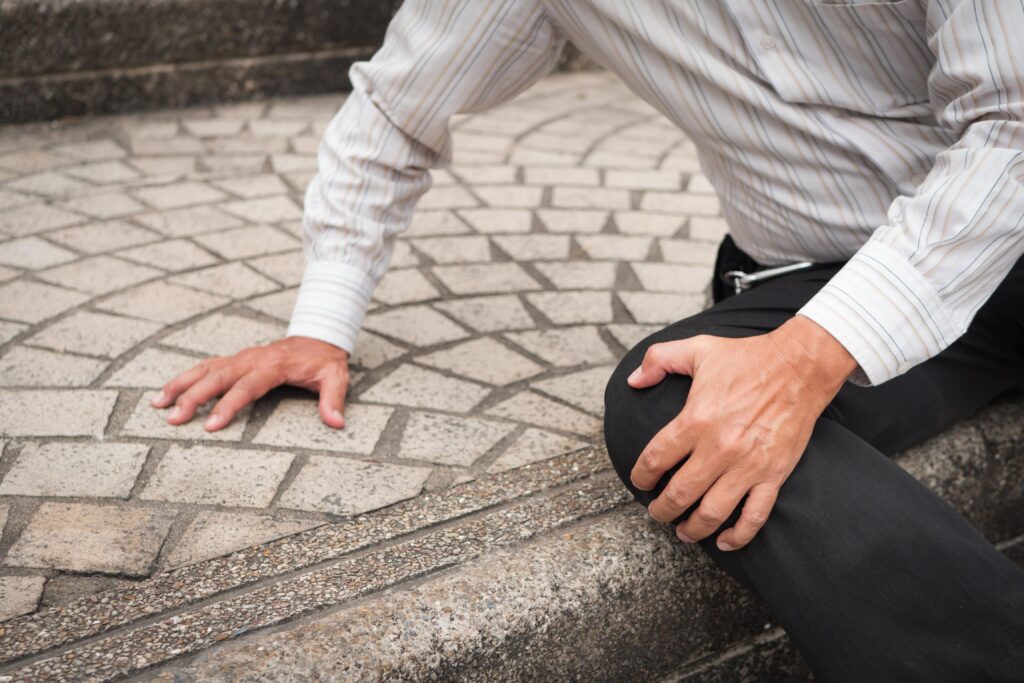When it comes to slip and fall accidents, understanding liability can be complex. Generally, liability for a slip and fall incident depends on the circumstances surrounding the accident. In many cases, property owners or managers may be responsible for maintaining a safe environment. This responsibility falls under a legal concept known as “premises liability,” which holds property owners accountable for hazards that could cause injury to visitors.
However, determining who is liable in a slip and fall accident can be challenging without the right legal guidance. Various factors—such as whether the property owner was aware of the hazard, whether they took reasonable steps to prevent accidents, and the nature of the injury—play a critical role in establishing liability. This is why having a skilled legal team on your side is crucial for navigating the complexities of premises liability and ensuring you get the compensation you deserve.
If you’ve suffered an injury due to a slip and fall, you may be wondering: Can I sue for a slip and fall accident? The answer depends on the specifics of your case. In some situations, you may have a valid claim against the responsible party, whether it’s a private homeowner, a business owner, or even a municipality. However, proving liability can be difficult without expert legal representation. That’s why it’s essential to consult with an experienced attorney to understand your options and determine the best course of action.
Determining Liability in a Slip and Fall Accident
Determining liability in a slip and fall accident is often more complicated than it may initially seem. An experienced attorney can help clarify who is liable in a slip and fall accident by thoroughly investigating the circumstances surrounding the incident. Various factors can influence who holds responsibility, including whether the property owner knew about the dangerous condition, how long the hazard had been present, and whether reasonable steps were taken to fix or warn about the danger.
Key elements that an attorney will consider when determining liability include:
- The Condition of the Property: Was the property maintained properly? Property owners are required to regularly inspect and maintain their premises to ensure safety.
- The Nature of the Hazard: What caused the slip and fall? Was it a wet floor, an uneven surface, poor lighting, or something else? Identifying the specific hazard is essential to determining whether the property owner acted negligently.
- The Owner’s Knowledge: Did the property owner know about the dangerous condition before the accident occurred? If the hazard was something they should have reasonably known about, they may be held liable.
- The Severity of the Injury: How serious was the injury, and was it caused directly by the hazardous condition? Medical records and witness testimonies often help establish the extent of the damage.
If you’re wondering, can I sue for a slip and fall accident? The answer is yes, but the process can be complex. An attorney specializing in premises liability can guide you through every step, ensuring that all the critical factors are considered to build a strong case. They will gather evidence, consult experts if necessary, and negotiate with insurance companies on your behalf to secure the compensation you deserve.
Nevada Law and Considerations When Pursuing A Slip and Fall Case
If you’ve been injured in a slip and fall accident, it’s essential to understand the legal considerations specific to Nevada when pursuing a case. One of the most important factors to keep in mind is the statute of limitations—the time limit within which you can file a lawsuit after an accident. In Nevada, the statute of limitations for personal injury cases, including slip and fall accidents, is typically two years from the date of the injury. This means that if you wait too long to take legal action, you may lose your right to seek compensation for your injuries.
In addition to the statute of limitations, there are several other local considerations that may affect your case:
- Comparative Negligence: Nevada follows a modified comparative negligence rule. This means that if you were partially at fault for the slip and fall accident, your compensation may be reduced by the percentage of fault attributed to you. For example, if you are found to be 20% at fault for your accident, your recovery could be reduced by 20%.
- Property Owner’s Duty of Care: Nevada law requires property owners to maintain a reasonable standard of safety on their premises. However, the duty of care may differ depending on whether the injured party is a visitor, a tenant, or a guest. Understanding how the law applies to your specific situation is crucial when determining who is liable in a slip and fall accident.
- Evidence and Documentation: In Nevada, as in other states, gathering evidence to support your case is essential. This includes medical records, photographs of the accident scene, and witness testimonies. Having strong evidence can help prove that the property owner was negligent and directly responsible for your injuries.
- Can I Sue for A Slip and Fall Accident in Nevada? Yes, if you meet the legal requirements and can demonstrate that the property owner’s negligence directly caused your injury. However, working with an attorney familiar with Nevada’s laws is vital to ensure you don’t miss any critical steps or deadlines.
Given the complexities of Nevada’s personal injury laws, it’s highly recommended to consult with an experienced attorney to help navigate your slip and fall case. They can ensure that your rights are protected and that you take the necessary steps to pursue compensation effectively.
What to Expect During a Case
If you’ve been injured in a slip and fall accident and are considering legal action, it’s important to understand what the process will look like. While every case is unique, there are several key stages that typically occur during a slip and fall case.
- Initial Consultation: The first step is meeting with an attorney to discuss the details of your accident. During this consultation, your lawyer will assess the circumstances, determine if you have a valid claim, and explain the potential outcomes. This is also when you’ll be asked about the extent of your injuries, any medical treatment you’ve received, and the conditions of the property where the incident occurred.
- Investigation and Evidence Gathering: Once you decide to move forward with your case, your attorney will begin gathering evidence. This may include obtaining accident reports, medical records, witness statements, and photographs of the scene. In some cases, expert witnesses may be called upon to provide insight into the hazard that caused the accident. The more evidence gathered, the stronger your case will be when determining who is liable in a slip and fall accident.
- Negotiation and Settlement: After building a solid case, your attorney will often attempt to negotiate with the property owner’s insurance company. Many slip and fall cases are settled before they go to trial, which can save both time and money. However, if the insurance company refuses to offer a fair settlement, your attorney will be prepared to take the case to court.
- Trial (If Necessary): If a settlement cannot be reached, your case may go to trial. During the trial, both sides will present their evidence, and a judge or jury will decide the outcome. While going to trial can feel daunting, having a skilled attorney by your side will ensure that your case is presented effectively.
Throughout the entire process, your attorney will guide you, ensuring that you understand each step and your options along the way. They will also answer your questions, such as can I sue for a slip and fall accident, and provide advice on whether pursuing legal action is the right choice for your specific situation.
For more detailed information on what to expect during a slip and fall case, check out our new blog article: What to Expect During a Slip and Fall Injury Case.
How A Premises Liability Lawyer Can Help
Understanding who is liable in a slip and fall accident is crucial, but it can be difficult without the right legal support. A premises liability lawyer can assess your case, gather evidence, and guide you through the complexities of Nevada’s laws to help ensure you get the compensation you deserve. If you’re wondering, can I sue for a slip and fall accident, a skilled attorney will provide the clarity you need and work to build a strong case.
At Friedman and Throop, we are proud to be the trusted choice for personal injury cases in Nevada. Our experienced team specializes in slip and fall accidents, and we are dedicated to securing the best possible outcome for our clients. With a deep understanding of Nevada’s premises liability laws, we’re uniquely positioned to provide the personalized and effective legal representation you need. If you’ve been injured in a slip and fall accident, don’t hesitate to reach out for a free consultation. We’re here to answer your questions and help you understand your legal options. Contact us today to schedule your appointment.
We invite you to read more about how a premises liability lawyer can assist you by checking out our article: How a Premises Liability Lawyer Can Help You.



